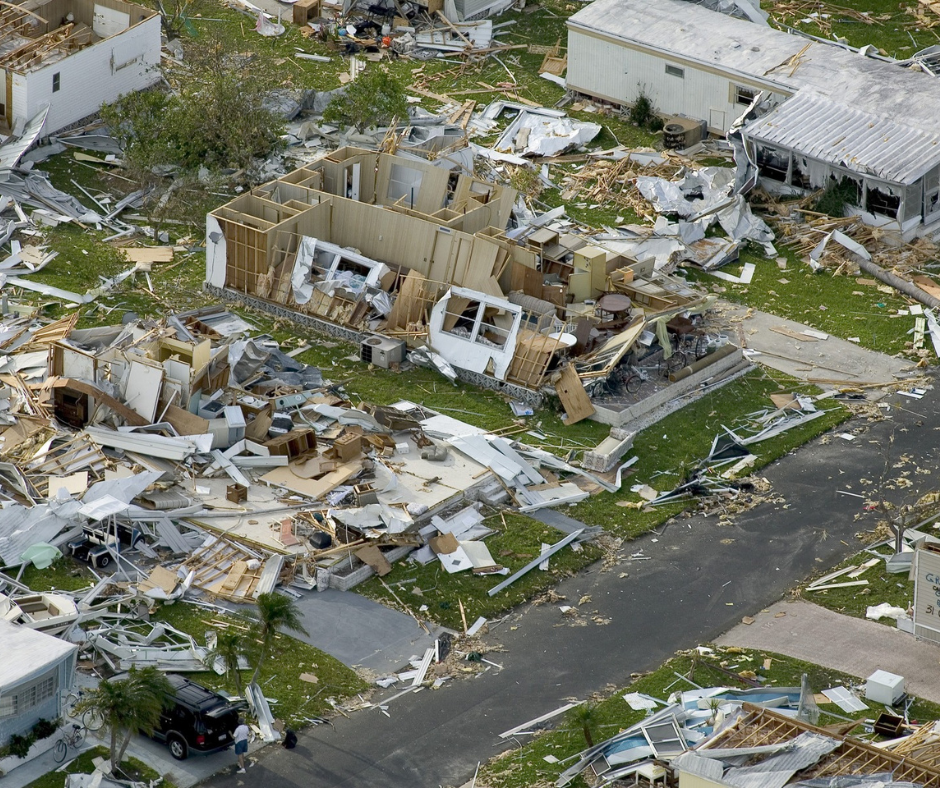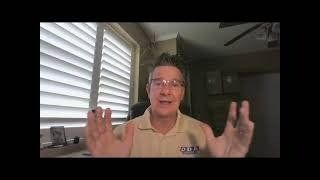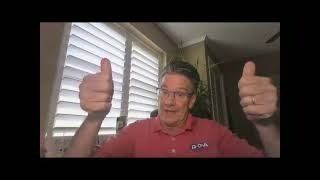By DDA Mortgage
•
June 27, 2022
Now is not the best time to refinance with rates going up. However, if you need cash to pay off high-interest adjustable debt that is climbing or if you want to take on a home project because of the increased equity of your home, cash-out refinancing is still a good option. Remember, you can always refinance again, when the rates are lower. If you don't need the money, I suggest waiting until rates come back down. Here's why. I've been in the mortgage industry for over 35 years. I've seen this cycle many times. The Fed is raising rates. Eventually, this will slow down the economy and lead to a recession. The Fed will lower rates to recover from the recession. Once this happens, it will be a good time to refinance, cash-out, pay down debt, and take on home projects. When rates drop, it will be a great opportunity to take advantage of all that equity you've built up. Rate drops are hard to predict for several reasons, but the cycle is consistent. Mortgage rates rise and fall based on a number of factors like: Changes In The Bond Market Affect Mortgage Interest Rates The bond market is a huge part of the mortgage rate equation. And that's because bonds are what most lenders use to fund their mortgages. When interest rates rise in the bond market, lenders have to pay more for their funds, which means they can't afford to offer as many mortgages at a lower rate as they could before. That makes it more expensive for borrowers to get a loan. Changes In The Secured Overnight Finance Rate Another factor that can affect mortgage rates is the Secured Overnight Finance Rate (SOFR). It's the rate banks charge each other overnight for short-term loans. The Federal Reserve sets this rate every morning and adjusts it throughout the day based on how well banks are doing financially. When SOFR rises or falls, so do other rates like LIBOR and T-bill yields — all of which impact mortgage rates. The Constant Maturity Treasury Rate Affects Rates This is another important factor that can affect your mortgage rate: The Constant Maturity Treasury Rate (CMT) is a benchmark used by lenders to determine how much interest they'll pay on bonds they buy from investors — such as those issued by Fannie Mae and Freddie Mac. When CMT rises or falls, so does your mortgage rate. The Health Of The Economy Affects Rates When the economy is strong and growing, it's likely that mortgage rates will decrease as well. This is because lenders are more willing to lend money when they're confident that they'll be repaid. In addition, homebuyers tend to have more job security when jobs are plentiful and salaries increase, so their ability to repay their loans is better than if they were unemployed or underemployed. The Health Of The Economy Affects Mortgage Rates When the economy is strong and growing, it's likely that mortgage rates will decrease as well. This is because lenders are more willing to lend money when they're confident that they'll be repaid. In addition, homebuyers tend to have more job security when jobs are plentiful and salaries increase, so their ability to repay their loans is better than if they were unemployed or underemployed. Inflation Affects Mortgage Rates Inflation is another factor that affects mortgage rates. Higher inflation leads to higher interest rates because lenders know that they will be paid back with less buying power than they lent if inflation continues at its current pace. The term structure of interest rates is another factor that affects mortgage rates. This refers to the difference between short-term interest rates such as three-month Treasury bills and long-term ones such as 30-year mortgages. The yield curve refers specifically to this spread between short-term and long-term yields on government bonds or home loans. When investors want higher returns from longer maturities, they usually require a higher yield on those investments. When all this will happen is hard to predict for several reasons, but the cycle is consistent. I'm Didier at DDA mortgage. I always want to give you options, so you can get the best loan with the best terms to fit your situation. If you have any questions about refinancing your home, call DDA Mortgage at (727) 784-5555 , or use the form below to send us your questions.












